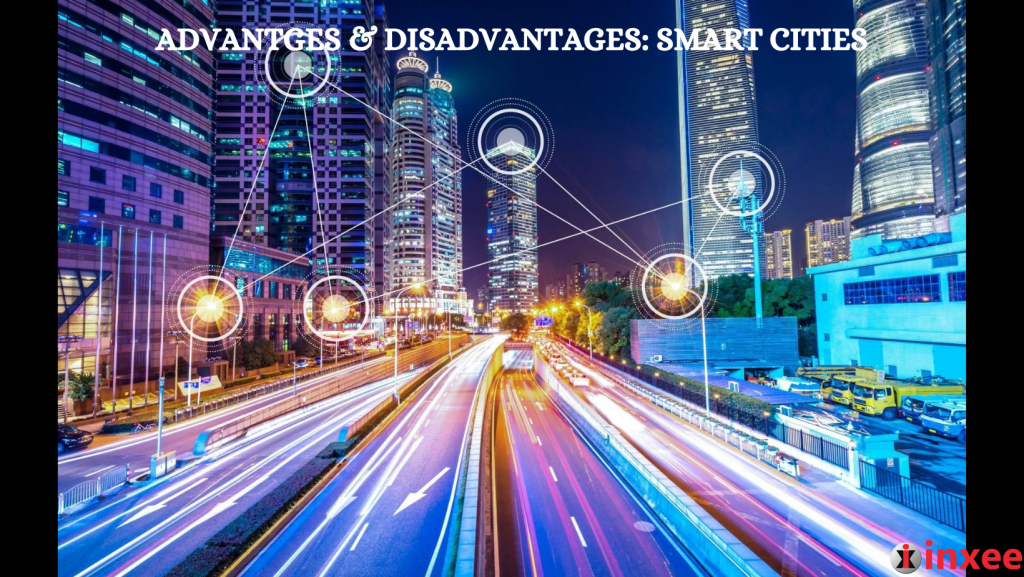June 9, 2023
Artificial Intelligence (AI), edge computing, embedded systems, Five layer architecture, Green Technology, Industry 5.0, internet of medical things, Internet of Things, iomt, IoT, IoT Devices, IT, MEC, MEC Architecture, Smart City
No comments
Advantages & Disadvantages: Smart Cities
Advantages of Smart Cities:
- Enhanced Efficiency: Smart cities leverage technology and data to optimize resource usage, improve infrastructure management, and deliver services more efficiently. This leads to cost savings, reduced energy consumption, and improved operational effectiveness.
- Improved Quality of Life: Smart cities offer better living conditions through improved transportation systems, efficient public services, enhanced public safety, and access to technology-driven amenities. This can lead to increased convenience, comfort, and overall well-being for residents.
- Sustainability: Smart cities focus on sustainability by promoting green initiatives, optimizing energy consumption, and reducing environmental impact. This includes the integration of renewable energy sources, efficient waste management systems, and sustainable urban planning practices.
- Economic Growth and Innovation: Smart cities attract investments, foster innovation, and create new economic opportunities. By embracing technology, they become attractive hubs for businesses, startups, and entrepreneurs, driving economic growth and job creation.
Disadvantages of Smart Cities:
- Privacy and Security Concerns: The collection and analysis of vast amounts of data in smart cities raise concerns about privacy and data security. Safeguarding personal information and protecting against cyber threats are crucial challenges that need to be addressed.
- Infrastructure Costs: Building and maintaining smart city infrastructure can be expensive. The implementation of advanced technologies, network connectivity, and data management systems require significant investments, which can be a challenge for cities with limited resources.
- Digital Divide: While smart cities aim to bridge the digital divide, there is a risk of excluding certain segments of the population who lack access to technology or digital skills. This can lead to further disparities and inequities within the city.
- Dependency on Technology: Smart cities heavily rely on technology and connectivity. In case of system failures, power outages, or cyber-attacks, there can be disruptions in critical services, highlighting the vulnerability of relying too much on technology.
- Data Management and Governance: The vast amounts of data generated in smart cities require robust data management strategies and governance frameworks. Ensuring ethical data use, transparency, and responsible data sharing practices are essential to maintain trust and protect citizen rights.
It’s important to recognize these advantages and disadvantages to effectively plan, implement, and manage smart city initiatives, ensuring that the benefits outweigh the challenges and risks.










Leave a Reply